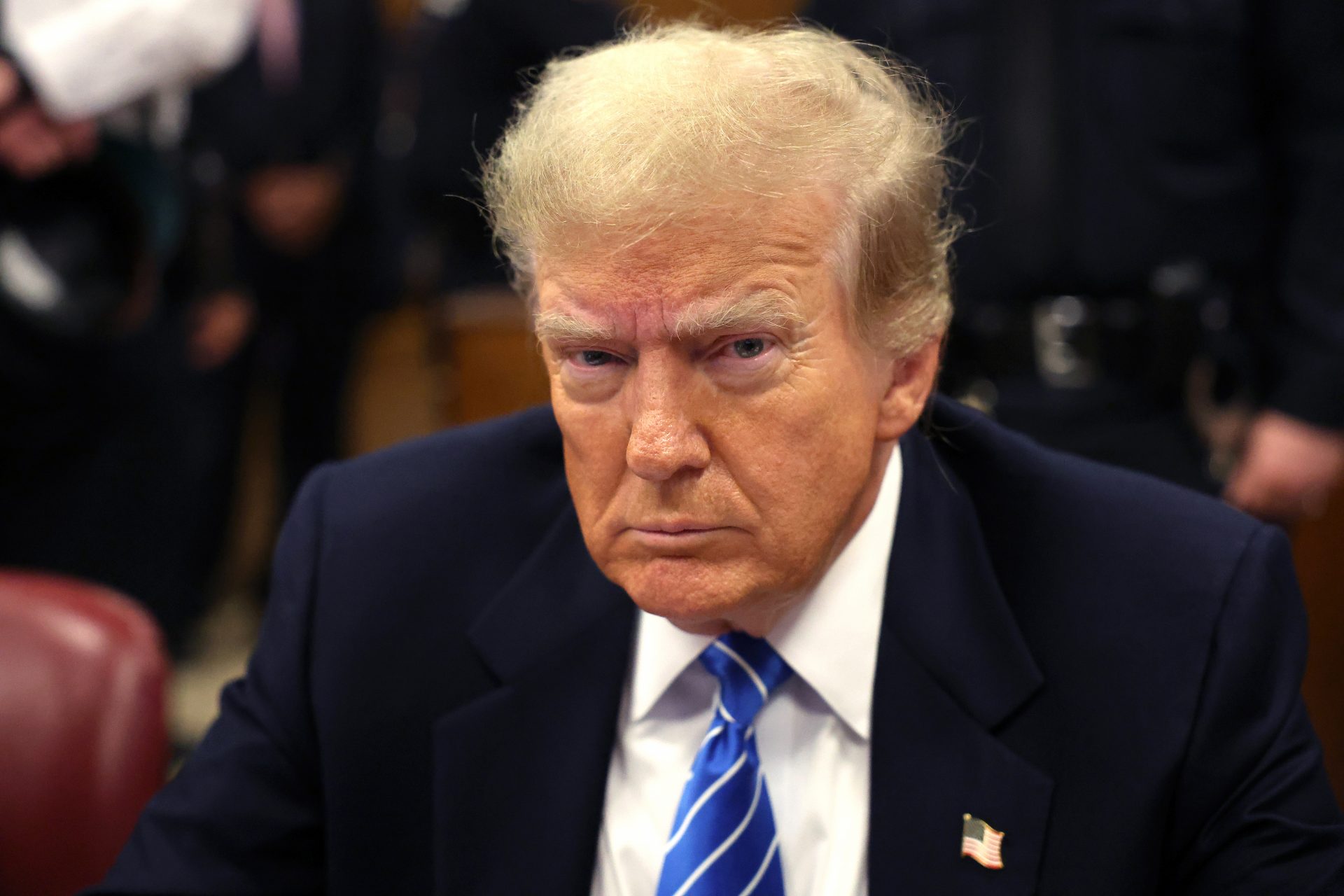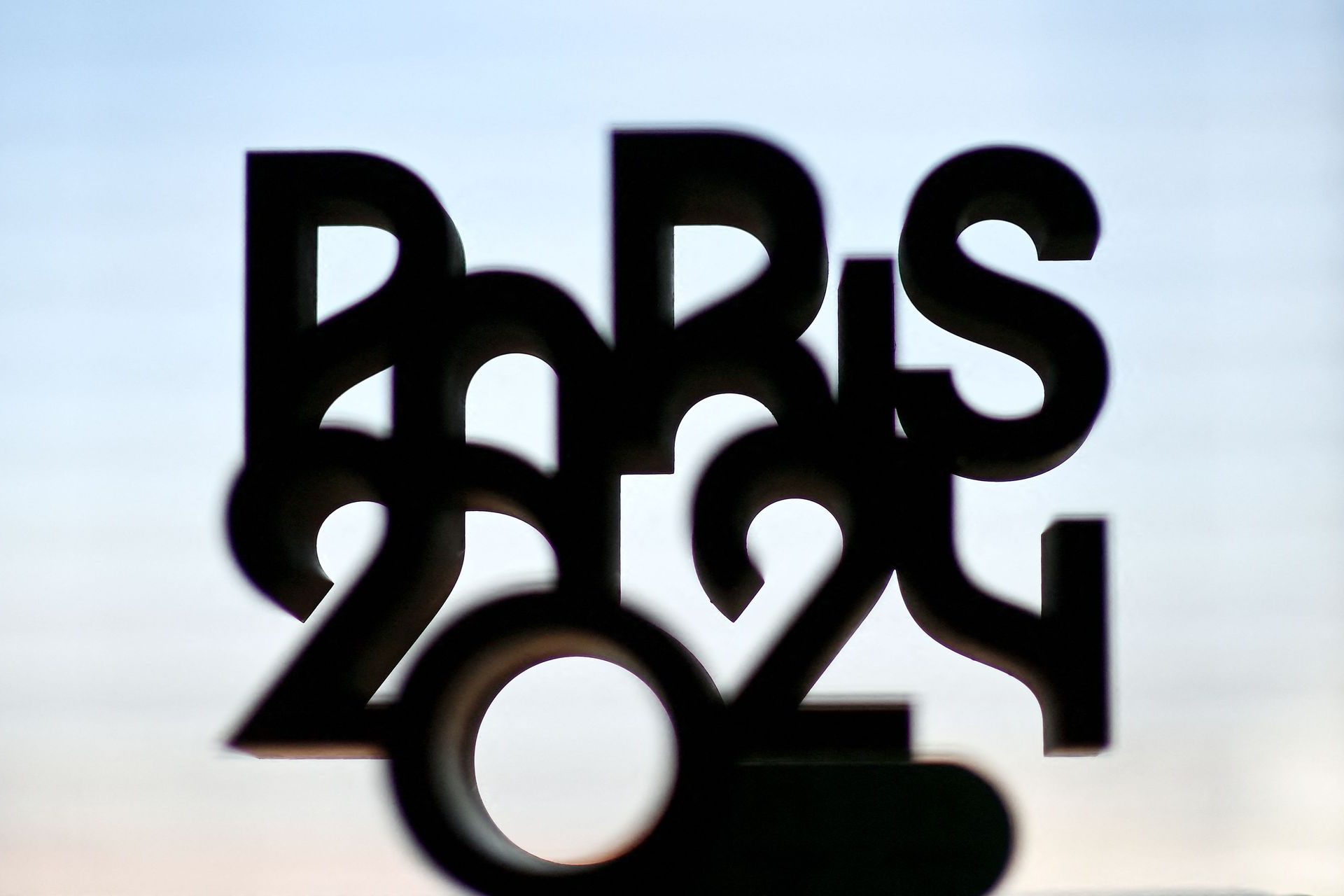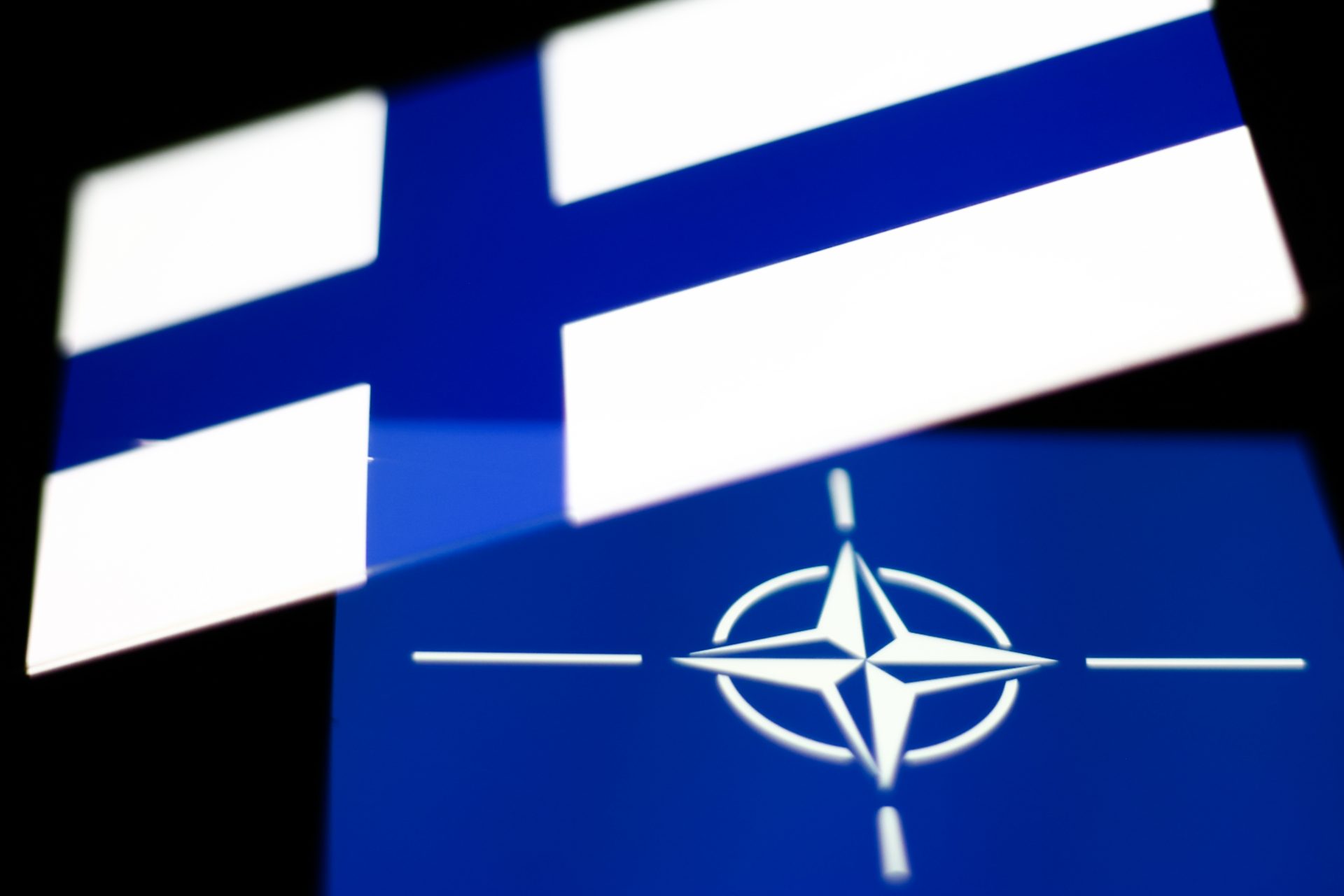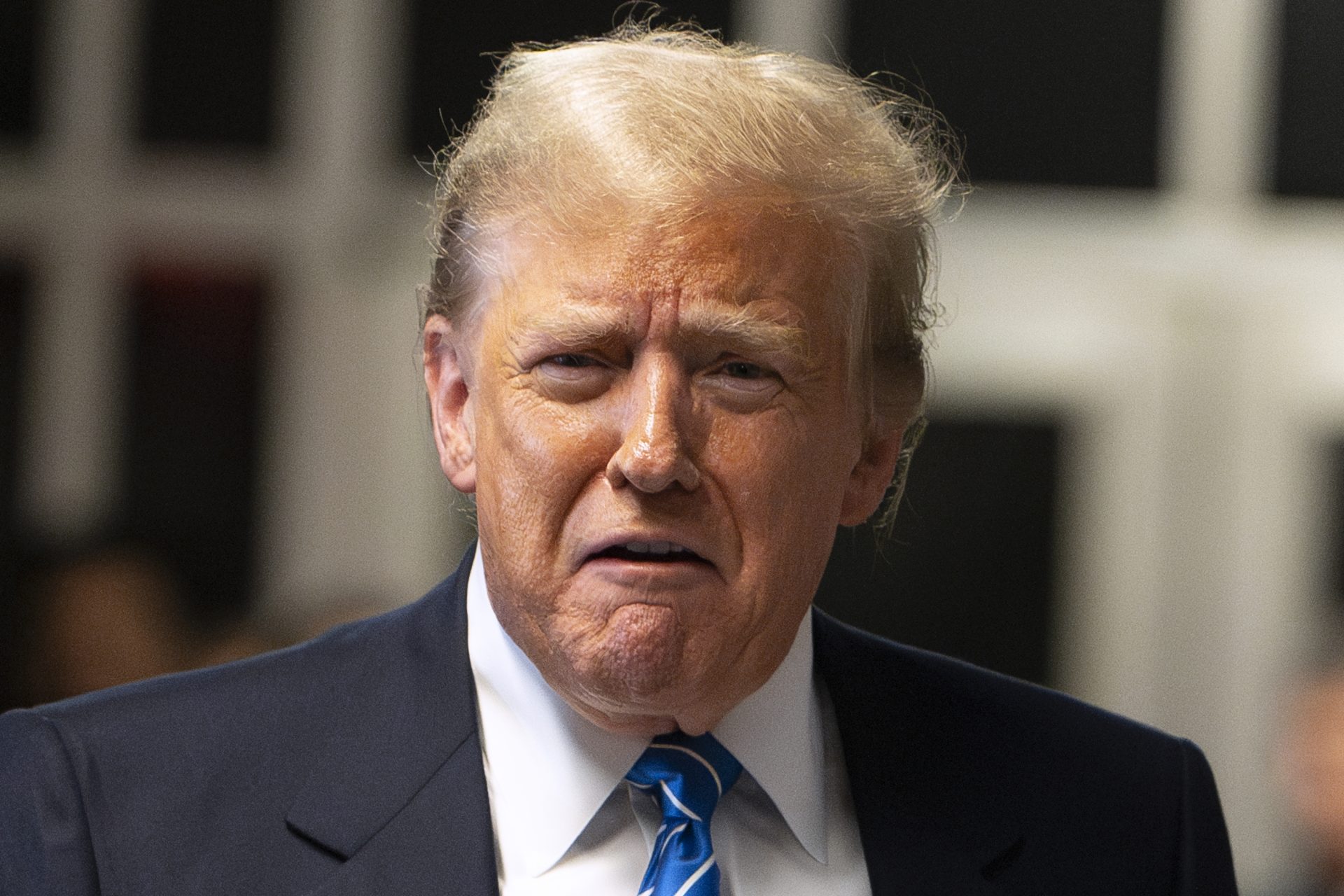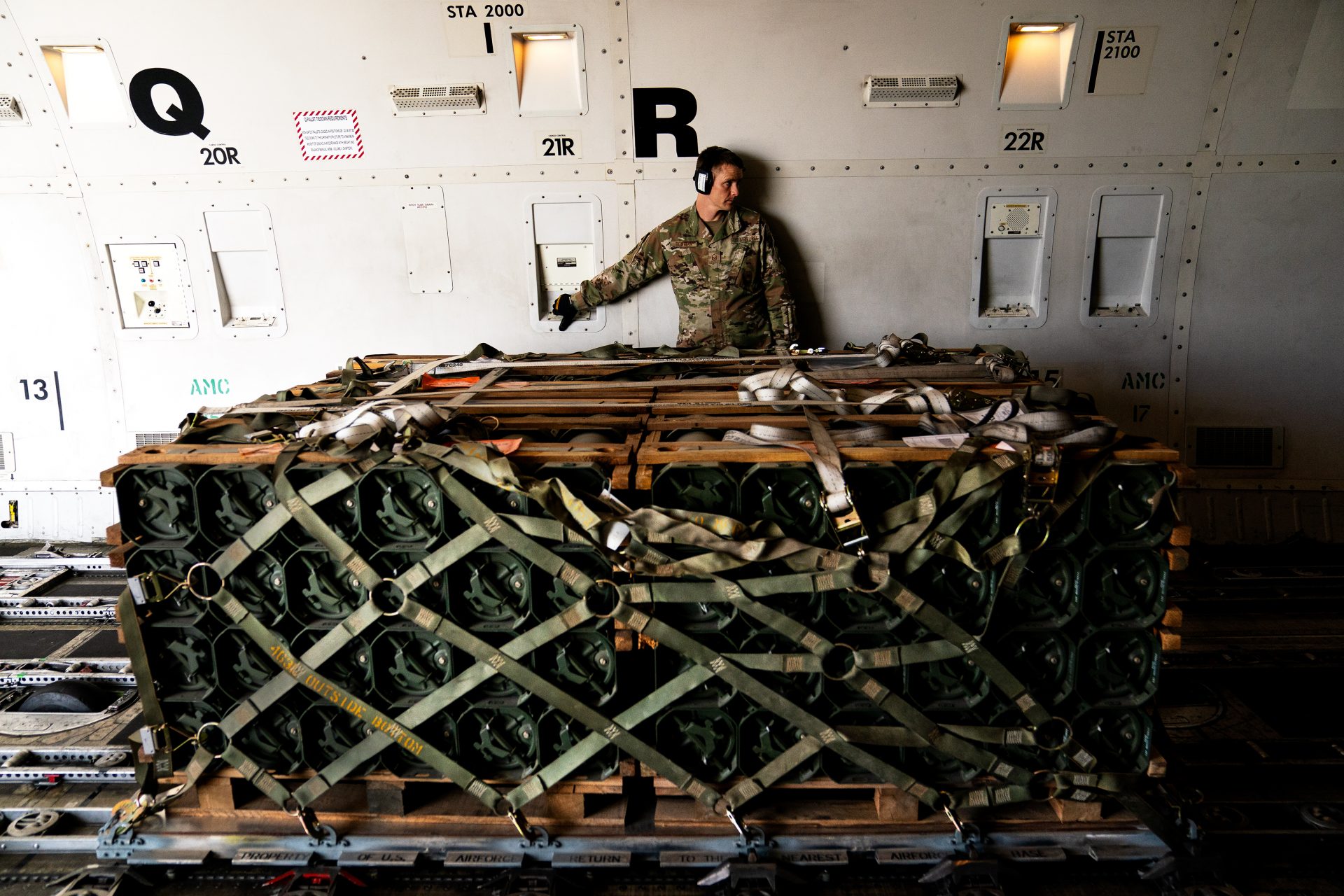Sri Lanka’s crisis explained and why more countries may face economic turmoil
Sri Lanka's President Gotabaya Rajapaksa and Prime Minister Ranil Wickremesinghe have said they will resign on July 13 after thousands of demonstrators entered the palaces of both men in Colombo over the weekend, amidst the bankrupt country’s worst economic crisis.
Nevertheless, under Sri Lanka's constitution, their resignation can only formally be accepted when they resign officially by letter, which has yet to happen and there’s a lot of scepticism surrounding the resignations, according to the media.
The palace storming was the culmination of months of mainly peaceful protests in Sri Lanka at the soaring inflation and shortages of food, fuel and medicine, as well as rolling blackouts. The president has been blamed for the country's economic mismanagement.
In Sri Lanka, three ethnic groups make up 99% of the country's 22 million population: Sinhalese, Tamil and Muslim. Mahinda Rajapaksa became a hero among the majority Sinhalese in 2009 when his government defeated Tamil separatist rebels after years of a bloody civil war. His brother Gotabaya is the current president.
The Rajapaksas ruled Sri Lanka’s political scene amid charges of oppression, nepotism, and corruption. But the main trigger of the crisis was the economic mismanagement, worsened by counter-productive Chinese loans. Eventually, the country defaulted on its debt in May.
China’s investments in infrastructure projects deepened Chinese influence over Sri Lanka but also exacerbated its economic crisis. Sri Lanka borrowed heavily from China to plug years of budget shortfalls and import goods needed to keep the country running.
Sri Lanka wasted large amounts on building expensive and unviable facilities that further squeezed public finances. Much of what was built remains abandoned after making huge losses and failing to repay Chinese loans that kept growing in size. Contracts went to Chinese companies and China gets the real estate in the form of equity.
Back in April 2019, on Easter Sunday, three churches and three luxury hotels in Sri Lanka were targeted in a series of coordinated terrorist bombings. The attacks hit its tourism industry, one of its biggest foreign currency earners. The import-reliant nation soon began to struggle to source goods.
In November 2019, President Gotabaya ordered sweeping tax cuts that meant a loss of one million taxpayers and massive revenue in a country already crippled by chronic budget deficits.
Then came the Covid-19 pandemic that dried up the inflow of tourists and depleted foreign currency reserves, causing Sri Lanka’s debts to spiral.
In 2021, the government tried to stop the outflow of foreign currency by banning chemical fertiliser imports. It asked farmers to use organic fertilisers instead. This sparked colossal crop failures. Buying food stocks from abroad made the foreign currency shortage worse.
Now, Sri Lanka has almost run out of dollars to import fuel, further stretching lines of people trying to buy cooking gas, petrol and diesel. Inflation has gone through the roof and the unrest is also worsened by an acute shortage of essentials, a situation that may be unfolding in many other countries.
As crises have shown in recent decades, the financial collapse of one government can create a domino effect, known as contagion in market parlance, as nervous traders take money out of countries with similar economic problems and accelerate their crash.
Image: Brady’s Trollip/Unsplash
The number of emerging markets with sovereign debt that trades at distressed levels has more than doubled in the past six months, according to data compiled from a Bloomberg index.
Those under the most stress tend to be smaller countries with a shorter track record in international capital markets, such as Ghana, Egypt and El Salvador. Bigger developing nations, such as India, Mexico and Brazil, can boast of fairly robust external balance sheets and stockpiles of foreign currency reserves.
Zambia’s ministry of finance just cancelled two billion worth of projects to help with the country’s outstanding debt to China. Lebanon, where a financial meltdown has led to crippling blackouts and medicine shortages, has sought global assistance to restructure its loans.
Burdened by debts, Laos is also reeling under high inflation, currency collapse and dollar shortages that have resulted in runaway increases in prices of consumer goods and energy. Laos owes $13.3 billion in sovereign debt, much of which has gone into building large-scale infrastructure projects, many backed by China.
China employed its devious 'Debt Trap Diplomacy' to gain a strategic edge over Sri Lanka, according to independent foreign policy think tank Red Lantern Analytica. The Sri Lankan chaos extracted sharp reactions from the IMF chief and a warning to G20 nations on global debt.
Covid remains a factor in most emerging economies taking a hit, as well as Russia’s invasion of Ukraine and high US interest rates, that have made fuel and other imports more expensive and led to spiralling inflation.
Many countries are doing what Sri Lanka did. In Europe, Germany Greece, Spain, and Portugal have announced tax rebates and energy subsidies to quell unrest. In Africa, Nigeria and Zambia have done the same. In Asia, the Philippines, Singapore and Indonesia are boosting social spending and giving out cash to the population.
Several experts have warned that the measures taken to cushion the economic blow may actually widen the chaos. “Things can get worse before they get better,” said Caesar Maasry, head of emerging-market cross-asset strategy at Goldman Sachs, in a Bloomberg Intelligence webinar.
More for you
Top Stories

























